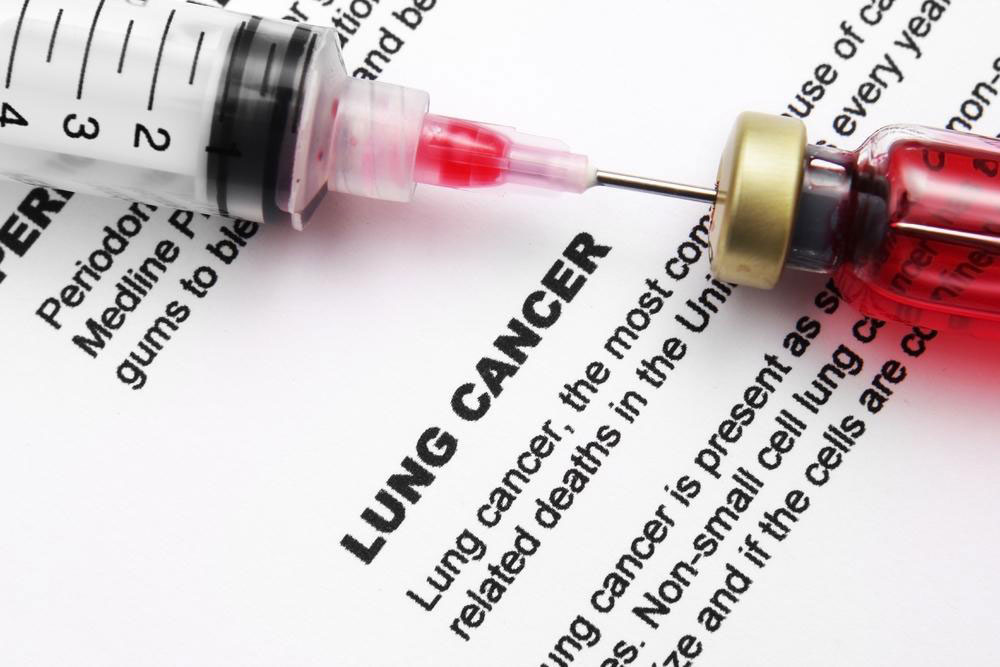Remedies to Manage the Side Effects of Lung Cancer Treatments
Cancer is a life-threatening disease, and its prevalence is increasing with an increase in the risk factors like obesity. Other factors like smoking, pollution in the environment, or the inhalation of harmful chemicals or particles can cause several illnesses, one of which is lung cancer. According to the National Cancer Institute, lung cancer cases in the year so far account for nearly 13% of the total cancer cases in the country.
There are multiple treatment methods that a person undergoes for lung cancer. Though treatments can treat cancer, they might cause side effects like dry mouth, nausea, diarrhea, and constipation.

Remedies for dry mouth
Radiation therapy can often lead to dry mouth as the salivary glands are exposed to radiation. Salivary glands help lubricate the mouth with saliva, and the glands resume their functions after therapy, but they are not as effective as earlier. This causes dry mouth in lung cancer patients who have undergone radiation therapy. There are several home remedies one can take up to treat dry mouth:
- Rinsing the mouth with water frequently will help retain moisture in the mouth.
Remedies for nausea, vomiting, and diarrhea
Chemotherapy used for treating lung cancer can cause vomiting, nausea, and diarrhea in patients. These side effects can also lead to dehydration post the treatment, and treating diarrhea, vomiting, and nausea will treat dehydration as well. Here are some ways to treat them:
- One way to prevent or treat these symptoms is to administer intravenous fluids depending on the degree of dehydration.
- Drinking plenty of clear fluids and eating soft, low-fiber foods and avoiding spicy food can help treat diarrhea.
- Avoiding foods that are greasy, fatty, or fried is important if one wants to not only treat the side effects of lung cancer treatments but also help increase the efficiency of the treatment. Apart from this, it is also important to avoid raw vegetables and fruits, foods that form gas, and supplements and alcohol.
Remedies for constipation
Chemotherapy often causes constipation or abnormally delayed passing of stools as well in lung cancer patients. Here are some remedies to deal with this side effect:
- Eating foods that are high in fiber will help treat constipation. These foods include fruits, cereals, and vegetables.
- Drinking two to three liters of healthy fluids also helps treat constipation.
These remedies leave a positive impact on lung cancer patients who are undergoing treatment, but it is important to consult a doctor and discuss the remedies before one follows them.

